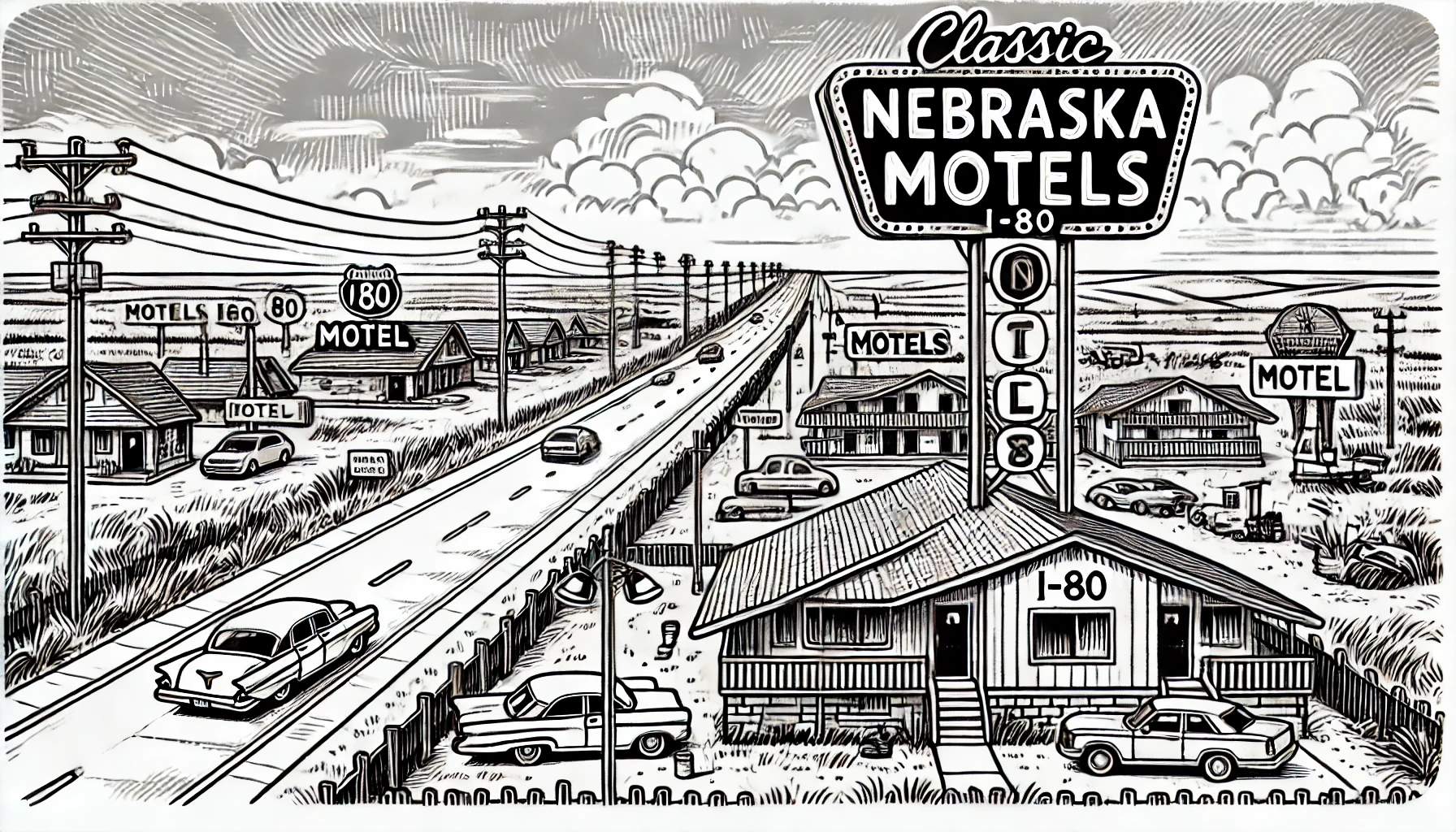Farm to Table Movement in Nebraska's Roadside Attractions

Traveling through Nebraska, a Midwestern state in the United States, one may notice an increasing prevalence of farm to table restaurants, cafes, and roadside attractions. The farm to table movement, which emphasizes local, organic, and seasonal food production, has become a prominent aspect of Nebraska's culinary landscape. Within the context of roadside attractions, farm to table establishments offer visitors a unique opportunity to experience the state's agricultural heritage while sampling fresh, locally sourced ingredients.
The farm to table movement is not new, with roots dating back to the 1960s and 1970s, when the counterculture movement began to emphasize self-sufficiency, sustainability, and local food systems. However, in recent years, the movement has experienced significant growth, particularly in Nebraska, where a long history of agriculture has laid the foundation for this type of culinary approach. One notable example of a farm to table restaurant in Nebraska can be found in Lincoln at the Open Harvest Cooperative Grocery, where a wide variety of locally sourced ingredients are sold, supporting over 150 area farmers and artisans.
One roadside attraction that embodies the spirit of the farm to table movement is the Farmers' Market in Omaha, located in the historic Old Market district. Operating every Saturday morning from May to October, the market brings together a diverse array of local farmers, bakers, and artisans, providing a kaleidoscope of fresh produce, meats, and artisanal goods. It is an ideal place for travelers to sample local flavors and participate in a long-standing Nebraska tradition.
Further west, in the Sandhills region of Nebraska, one can find the Gathering Place, a farm to table restaurant and bed and breakfast in Burwell, operated by the Rasmussen family. This establishment serves as an exemplary model of the farm to table movement, as it combines locally sourced food with a rustic, rural ambiance. The Gathering Place is committed to supporting local farmers and ranchers, sourcing over 90% of its ingredients from nearby producers.
Another notable aspect of the farm to table movement in Nebraska is its commitment to preserving the state's agricultural heritage. Many establishments within this movement strive to incorporate heirloom varieties of crops and heritage breeds of livestock into their operations, highlighting the unique cultural and historical significance of Nebraska's agricultural traditions. An example of this commitment can be seen in the promotion of Nebraska's specialty crops, such as heirloom tomatoes and artisanal cheeses, which have become increasingly popular among the state's chefs and food enthusiasts.
As a bonus for travelers interested in deepening their understanding of Nebraska's agricultural traditions, a visit to the state's 4-H Children's Performing Arts Camp in Cedar Point, located on the shores of Lake McConaughy, might be informative. Here, campers may participate in sustainable agriculture workshops, which focus on topics such as animal husbandry and environmental stewardship. Participants can learn firsthand about the principles that underlie the farm to table movement while experiencing the idyllic natural surroundings of the Lake McConaughy State Recreation Area.
Through Nebraska's farm to table scene, travelers have the unique opportunity to connect with the state's rich agricultural heritage, partaking of a distinct culinary experience born from the intersection of rural traditions and a deep appreciation for locally sourced ingredients. Ultimately, these roadside attractions, restaurants, and related establishments celebrate Nebraska's position as a producer of high-quality agricultural products and a guardian of enduring rural traditions.
Traversing Nebraska and learning about the intricate relationships between local farmers, ranchers, artisans, and consumers will doubtless leave a profound impression on even the most discerning travelers. What visitors discover during these Nebraska excursions is an appreciation for local traditions that honor the long histories and personal connections between people, food, and this enchanting agricultural land in the American heartland.
The farm to table movement is not new, with roots dating back to the 1960s and 1970s, when the counterculture movement began to emphasize self-sufficiency, sustainability, and local food systems. However, in recent years, the movement has experienced significant growth, particularly in Nebraska, where a long history of agriculture has laid the foundation for this type of culinary approach. One notable example of a farm to table restaurant in Nebraska can be found in Lincoln at the Open Harvest Cooperative Grocery, where a wide variety of locally sourced ingredients are sold, supporting over 150 area farmers and artisans.
One roadside attraction that embodies the spirit of the farm to table movement is the Farmers' Market in Omaha, located in the historic Old Market district. Operating every Saturday morning from May to October, the market brings together a diverse array of local farmers, bakers, and artisans, providing a kaleidoscope of fresh produce, meats, and artisanal goods. It is an ideal place for travelers to sample local flavors and participate in a long-standing Nebraska tradition.
Further west, in the Sandhills region of Nebraska, one can find the Gathering Place, a farm to table restaurant and bed and breakfast in Burwell, operated by the Rasmussen family. This establishment serves as an exemplary model of the farm to table movement, as it combines locally sourced food with a rustic, rural ambiance. The Gathering Place is committed to supporting local farmers and ranchers, sourcing over 90% of its ingredients from nearby producers.
Another notable aspect of the farm to table movement in Nebraska is its commitment to preserving the state's agricultural heritage. Many establishments within this movement strive to incorporate heirloom varieties of crops and heritage breeds of livestock into their operations, highlighting the unique cultural and historical significance of Nebraska's agricultural traditions. An example of this commitment can be seen in the promotion of Nebraska's specialty crops, such as heirloom tomatoes and artisanal cheeses, which have become increasingly popular among the state's chefs and food enthusiasts.
As a bonus for travelers interested in deepening their understanding of Nebraska's agricultural traditions, a visit to the state's 4-H Children's Performing Arts Camp in Cedar Point, located on the shores of Lake McConaughy, might be informative. Here, campers may participate in sustainable agriculture workshops, which focus on topics such as animal husbandry and environmental stewardship. Participants can learn firsthand about the principles that underlie the farm to table movement while experiencing the idyllic natural surroundings of the Lake McConaughy State Recreation Area.
Through Nebraska's farm to table scene, travelers have the unique opportunity to connect with the state's rich agricultural heritage, partaking of a distinct culinary experience born from the intersection of rural traditions and a deep appreciation for locally sourced ingredients. Ultimately, these roadside attractions, restaurants, and related establishments celebrate Nebraska's position as a producer of high-quality agricultural products and a guardian of enduring rural traditions.
Traversing Nebraska and learning about the intricate relationships between local farmers, ranchers, artisans, and consumers will doubtless leave a profound impression on even the most discerning travelers. What visitors discover during these Nebraska excursions is an appreciation for local traditions that honor the long histories and personal connections between people, food, and this enchanting agricultural land in the American heartland.
